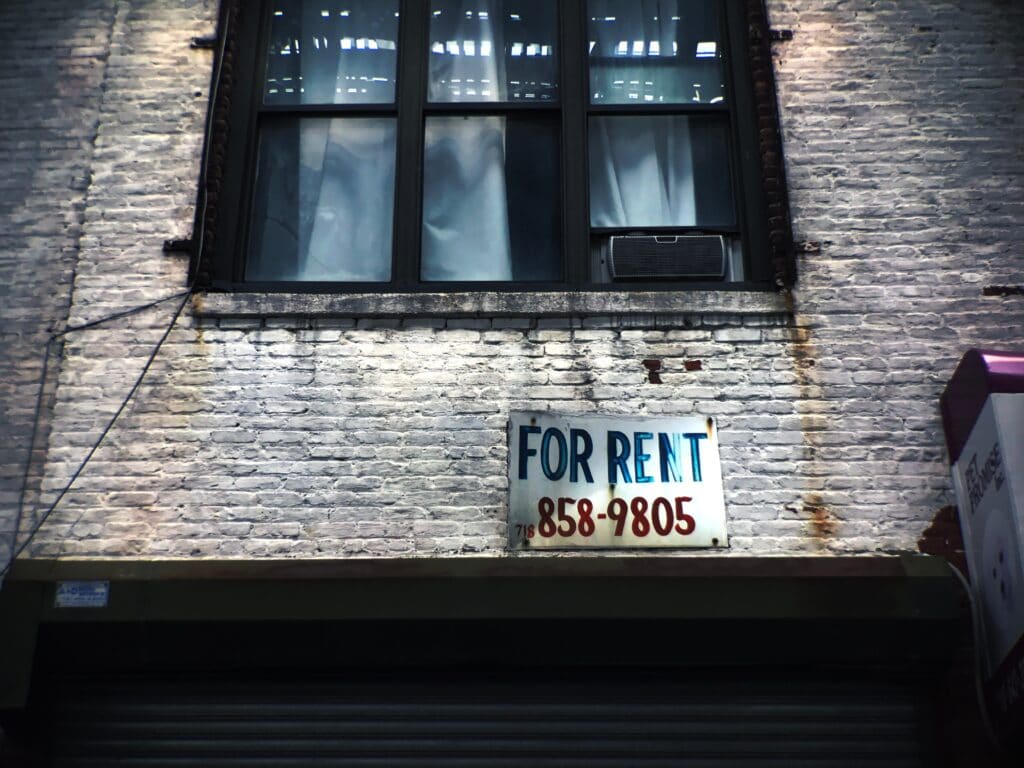Renting an extra room on Airbnb is a great way to generate some side income. However, the income you earn isn’t tax-free. Some hosts only use the platform to supplement their income but, for others, it’s a full-time business. Either way, every dollar you earn on Airbnb could affect your tax situation, so it’s important to understand how the tax implications of Airbnb hosting before you get started.

How Does Airbnb Work?
Once you sign up for Airbnb, your rental will be available on the platform. When a member selects your listing, you’ll be notified. The guest pays Airbnb for the stay and, after Airbnb deducts applicable taxes and fees, you receive your cut a few days later. Airbnb charges a fee for listing your property on their platform, and they also deduct for local taxes and other obligations.
To get started with Airbnb hosting, simply create an account and submit your listing. You’re responsible for creating the listing, including details like minimum stay length, nightly rates, and deposit. Make sure you understand rental regulations in your town before you set these details to ensure that you’re in compliance with local laws.
To get the most exposure for your listing, be sure to upload good quality images of your listing. Offering amenities like breakfast and toiletries can also help attract more guests and improve your rating. You need a good rating to get consistent bookings with quality guests.
Airbnb Security Deposit
Sometimes Airbnb requests a security deposit to secure a reservation. However, these deposits are between Airbnb and the guest, so it won’t affect your hosting duties. First, Airbnb puts a hold on the guest’s card two days before check-in. If there are no issues, they will release the hold 14 days after checkout. If there is a damage claim or other issue, Airbnb will deduct from the deposit appropriately. This process is entirely automatic, so you don’t have to do anything. However, you should understand the process in case one of your guests asks.
As a host, you can also request a security deposit of your own. Host deposits are set by the host, but Airbnb still manages the entire process. For host deposits, Airbnb will not put a hold on the guest’s card in advance but, if there’s an issue, Airbnb will charge the card. Airbnb only charges guest cards for host deposits if the host files a claim. Hosts can’t make direct charges to a guest’s card, so they have to go through Airbnb if there’s an issue with the rental.
If there’s an issue, the claims process is identical for both types of deposits. Hosts can report an incident and submit a claim on the deposit within 14 days of checkout or until a new guest checks in, whichever comes first. Click here to learn more about Airbnb deposits.

Airbnb FAQs
If you are just getting started with your Airbnb enterprise, you probably have some questions. Even if you are a seasoned host, you may want some clarification on a few things.
Are Local Taxes Included?
When it comes to local taxes, these can vary greatly from city to city. It is the responsibility of the host to collect and remit local taxes. Airbnb recommends including your local taxes in your listing price. You will need to research the local taxes in your area before getting started. In addition to local taxes you may also be required to charge an occupancy tax. Airbnb collects occupancy taxes on your behalf in most states. However, you should verify that Airbnb is covering all of the local taxes before you list your rentals.
Airbnb 1099s
The income you earn from Airbnb is definitely taxable, but Airbnb only issues Form 1099 if you earn over $20,000 in revenue and have more than 200 transactions. If you don’t meet that criteria, you won’t receive a 1099 form from Airbnb. If you qualify, Airbnb will send you a 1099 K from to use for taxes. Make sure you accurately report this information to the IRS because they get a copy too.
Airbnb Background Checks
Airbnb does not perform routine background checks on users, however, they check names and birth dates against publically-available criminal records databases. They also check the national sex offender registry and OFAC list, which includes terrorist designations. Certain types of convictions can result in lifetime bans from the platform. However, Airbnb allows some ex-felons to use the platform depending on a variety of factors.
Users with disorderly conduct offenses or cannabis-related crimes are permitted on the platform. More serious crimes carry bans that vary from between 7 and 14 years. However, these bans are not written in stone. Airbnb has a specialized team that is trained to review and assess ex-felon applications for reinstatement, and they consider of variety of factors to evaluate rehabilitation. Click here to see Airbnb’s complete background check policy.
Other Fees
Airbnb charges hosting fees for listing rentals on its platform. The basic hosting fee is 3%, but it could be higher for ‘Plus’ hosts. In fact, ‘experience’ hosts can be charged as much as 20%. To calculate this fee, Airbnb accounts for the base rate, cleaning fees, and any additional guest fees. Airbnb automatically deducts applicable taxes and fees from your earnings.
Help With Homeshare Taxes
Navigating the complex nature of your home sharing taxes can be tricky, which is why we don’t recommend you do it alone. A tax advisor who has knowledge of the Sharing Economy, and more importantly home sharing can be a tremendous asset when it comes to your taxes, specifically when it comes to state and local taxes and multiple listings. Schedule a strategy session with one of the tax experts at Shared Economy today! For more Airbnb hosting tips subscribe to our newsletter.